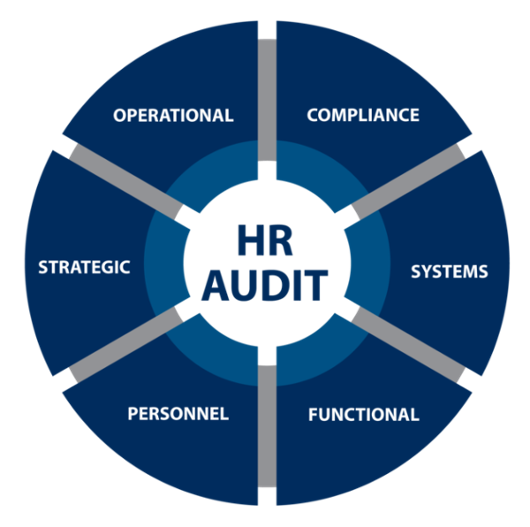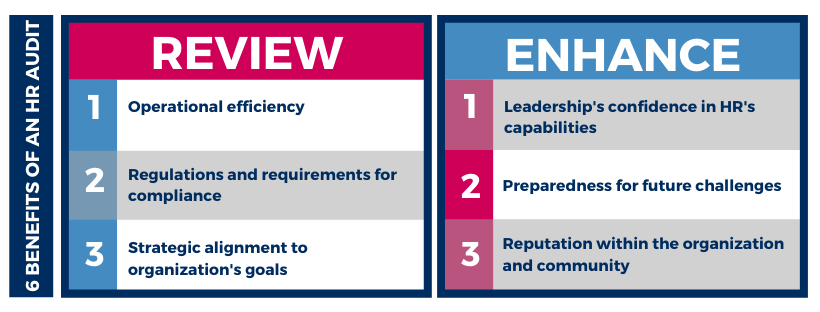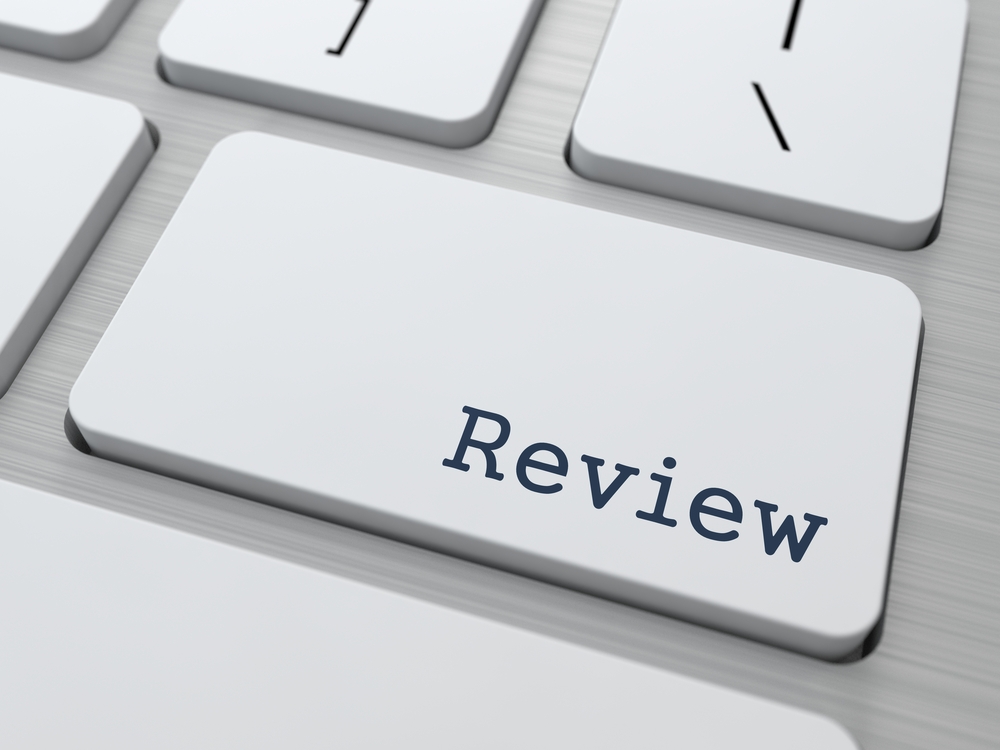 Compliance is one of the most essential facets of HR, but functional HR audits are about so much more than remaining compliant. A functional HR audit transforms the way depart aligns with the business objectives of the organization. As HR plays a key role in standardizing processes, identifying risk areas, and strategically tying HR goals to business goals, Willory can help guide your company in its transformation.
Compliance is one of the most essential facets of HR, but functional HR audits are about so much more than remaining compliant. A functional HR audit transforms the way depart aligns with the business objectives of the organization. As HR plays a key role in standardizing processes, identifying risk areas, and strategically tying HR goals to business goals, Willory can help guide your company in its transformation.
Check out our Employee Life Cycle services overview, including a feature on HR and payroll audits.
Don’t wait to analyze HR functions until you receive a complaint from the Department of Labor (DOL), Office of Federal Contract Compliance Programs (OFCCP), or other government agencies. It’s risky and irresponsible. The best way to minimize the risk of potential employment claims or adverse DOL findings is to conduct a functional HR audit periodically. Willory recommends on an annual cycle, but you can also select a timeframe to look at HR as a whole and another to focus in on specifics in the employee life cycle.

When conducting an HR audit, make sure you not only schedule significant time but remain disciplined in following the audit process. During the process you should be focused on how you can improve your support of the company’s business objectives and employees. But, don’t forget about staying up-to-date with the latest laws and regulations governing the workplace. Once you’ve identified the objectives and compliance issues, the next step is to review and implement best practices.
Conducting an HR audit allows you to better prepare for the future of HR’s needs by understanding the current state and utilizing best practices and/or benchmarking data to transform the way your department functions. When done voluntarily, completing an audit is a great way to gain insight and introspection into the department.
To complete an HR audit effectively, you will need to
- Decide on the scope
- Develop a plan
- Gather and analyze data
- Produce a report
- Create and execute an action plan
- Evaluate progress along the way
Working with an independent third party to conduct the provides you with expertise and objectivity you might not have if done with your internal team. But, more than that, using a third-party ensures that you’re able to focus on your organization’s needs and saves you time.
If your organization hasn’t conducted an HR audit in the last year, let’s schedule a call. I’d like to know more about your organization and further explain the benefits of HR audits.
Recently Posted
Tag Cloud
Office

OH 44210
Connected:
Quick Links
For Employers
For Candidates
Your Source For HR & Payroll News
- Privacy Policy
- Terms & Conditions
- Site Map



